Thinking big is no small task. Discover news from Warringtonfire.
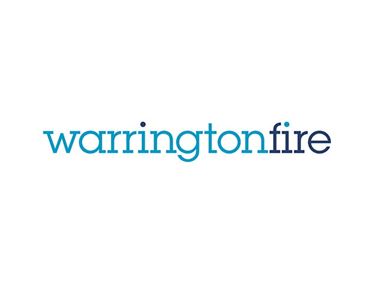
Non Compliant Doorset Manufacturers at Risk of Having Products Pulled by OPSS
July 09, 2025
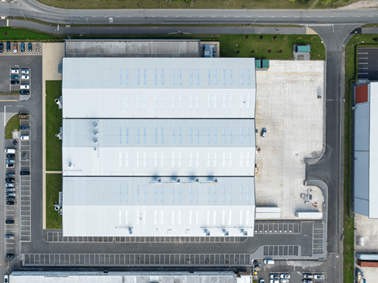
The Future of Fire Testing: An Interview with Jason Dodds
December 10, 2024
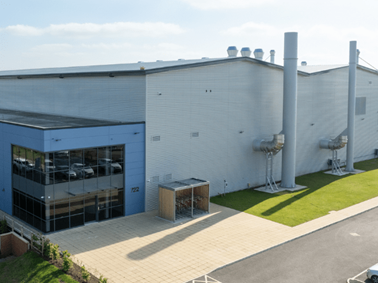
Anticipating the opening of our new $30m fire resistance testing laboratory
December 17, 2024
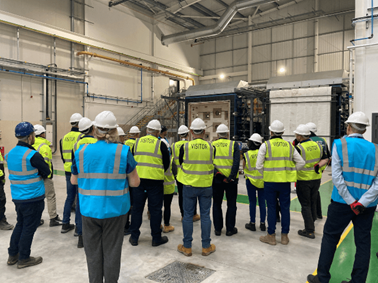
Customers given sneak peak of new Birchwood Park laboratory
December 9, 2024
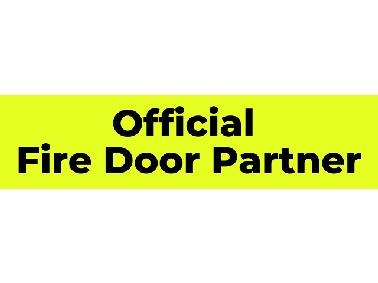
Warringtonfire is the Official Fire Door Partner of FIREX
November 1, 2024
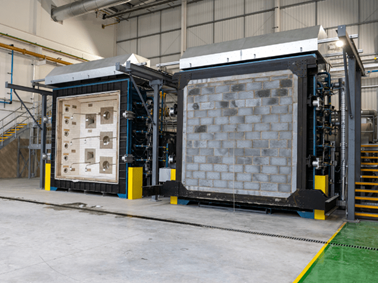
Firing up: Three months until Warringtonfire’s new $30m fire resistance testing laboratory opens
October 16th, 2024
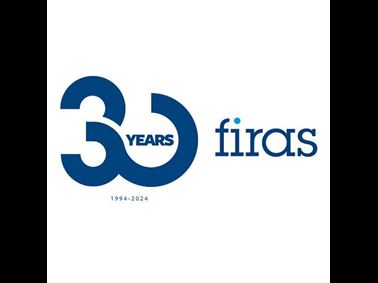
Why Third-Party Certification for Passive Fire Protection Product Installations is Paramount to Building Safety
September 13, 2024

Shaping the fire safety industry: A brief history and where next
July 1, 2024
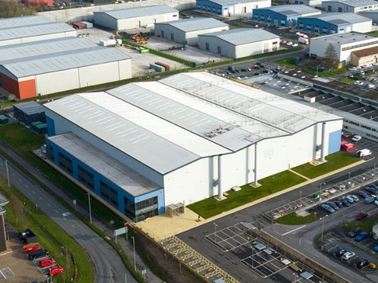
Six months until our new Warringtonfire fire testing laboratory opens
June 27, 2024

Birchwood Park site awarded perfect score by the Considerate Constructors Scheme
June 25, 2024
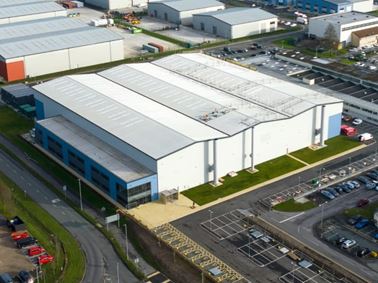
Nine months until our new Warringtonfire fire testing laboratory opens
Apr 12, 2024

Warringtonfire Celebrates 30 Years of its FIRAS Certification Scheme
Feb 05, 2024

Rob Axe appointed General Manager for Warringtonfires High Wycombe Laboratory
Jan 30, 2024
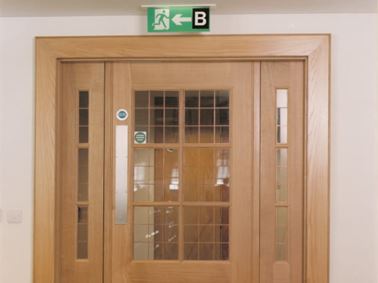
Fire Door Safety Week
Sept 28, 2023
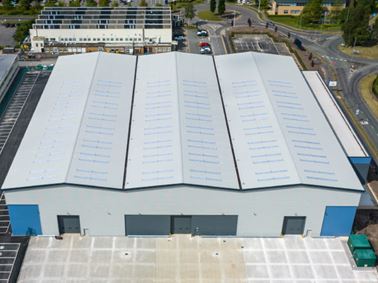
Warringtonfire to Open UKs Largest Built Environment Product Testing Facilities
Aug 15, 2023
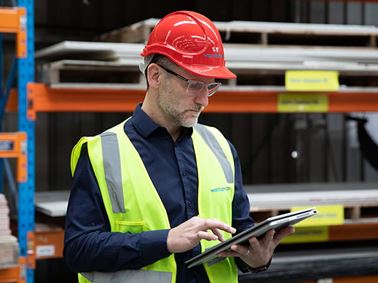
Warringtonfire Certifies Promat Fire Collars Under Certifire Scheme
19 December 2022
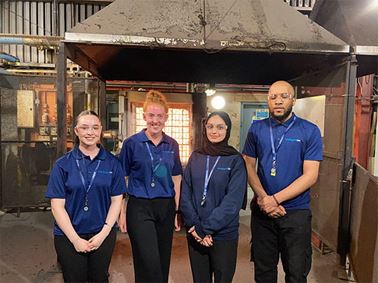
Warringtonfire Graduate Scheme
Sept 1, 2022
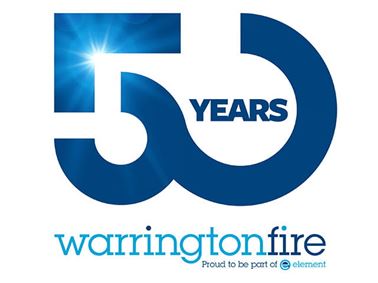
50th anniversary of fire tests in High Wycombe
Aug 15, 2022
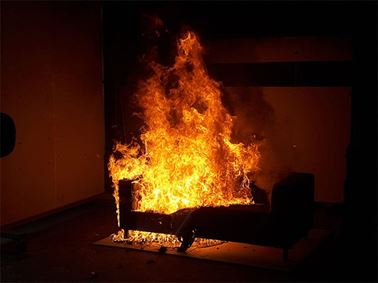
Warringtonfire Gent completes innovative smoke control study for Flemish Government
June 9, 2022
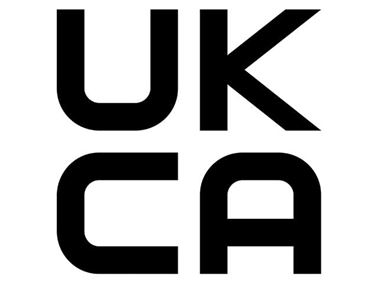
Manufacturers of construction products urged to start UKCA process now to achieve certification in time for 1 January 2023 deadline
March, 2022
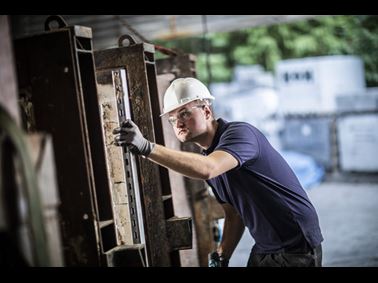
Warringtonfire Invests in UK Testing Laboratory to Meet Increased Demand
February 22nd, 2022

Pascal Coget Joins Warringtonfire as new European Certification Manager
November 15, 2021
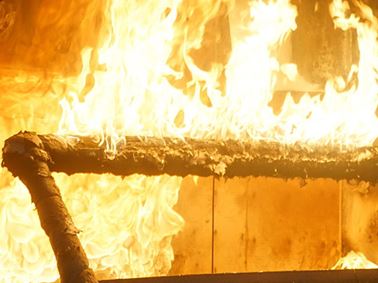
Al Futtaim Element achieves IAS accreditation for fire testing
October 11, 2021
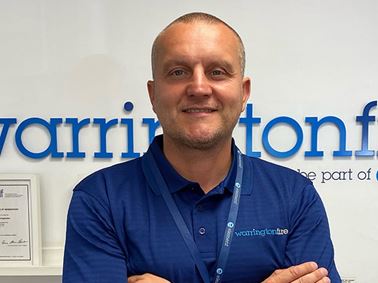
Warringtonfire appoints Neal Holden as certification general manager
August 26, 2021
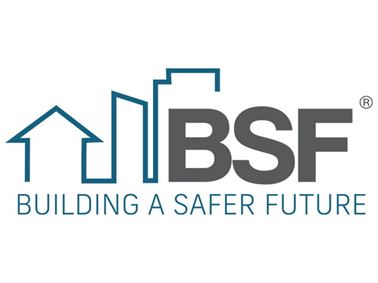
Warringtonfire signs Building a Safer Future Charter
June 2 , 2021

Element announces it is a co-founder of platform to accelerate digital transformation across the built environment
April 14, 2021
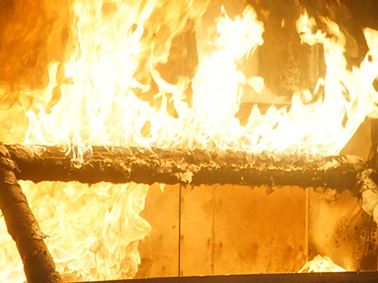
Warringtonfire hosts NFPA 285 facade testing webinar
April 12, 2021
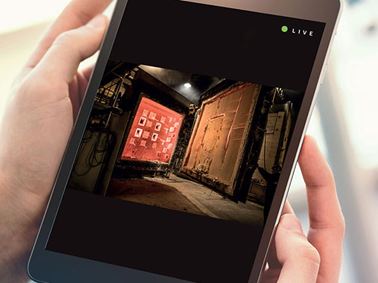
Warringtonfire accelerates the roll out of remote witnessing capabilities
February 5, 2021
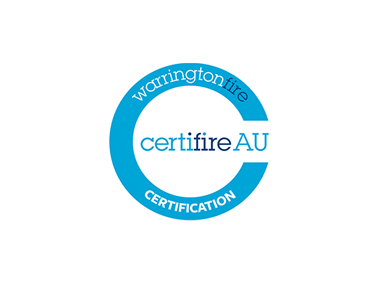
Warringtonfire Australia's CertifireAU certification is endorsed by JAS-ANZ
February 3, 2021

Our laboratories and offices remain open and are operating safely
February 2021

Warringtonfire advises on impact of post-Brexit trade agreement on System 3 test evidence
January 27, 2021

Warringtonfire invests in calorimetry prediction software package
September 08, 2020
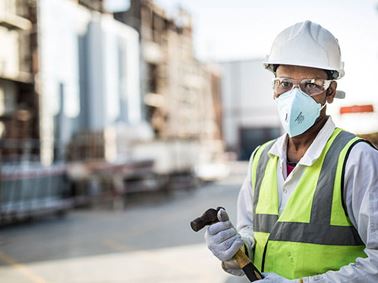
Al Futtaim Element achieves IAS accreditation for facade division
June 22, 2020
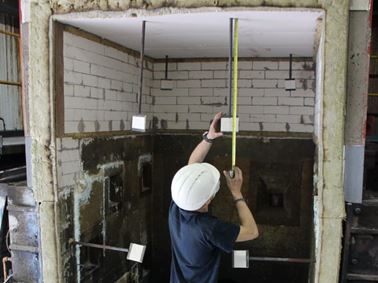
Warringtonfire invests in furnace capabilities in High Wycombe
May 27, 2020

Remote Witnessing of Testing
May 7, 2020

Warringtonfire presents testing capabilities at Australian Bushfire Building Conference
Oct 31, 2019

Warringtonfire attends Rolling Stock Network 2019
Learn how Warringtonfire showcased its rail testing offering at RSN 2019

Brexit Statement for Certification Customers
Feb 13, 2019

Government Response to Hackitt Review
Jan 17, 2019
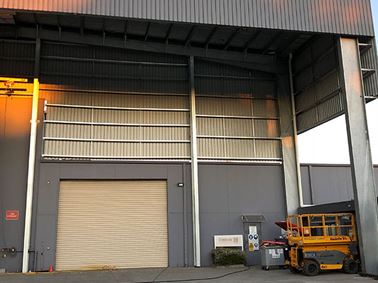
Warringtonfire invests in façade testing facility in Melbourne
Jan 07, 2019

Element renews House of Expertise License with Dubai Civil Defense
Dec 11, 2018

Element To Retain Warringtonfire Brand
Dec 01, 2018
Element Marks First Anniversary of UK Supersite with Further Investment
Sep 26, 2018